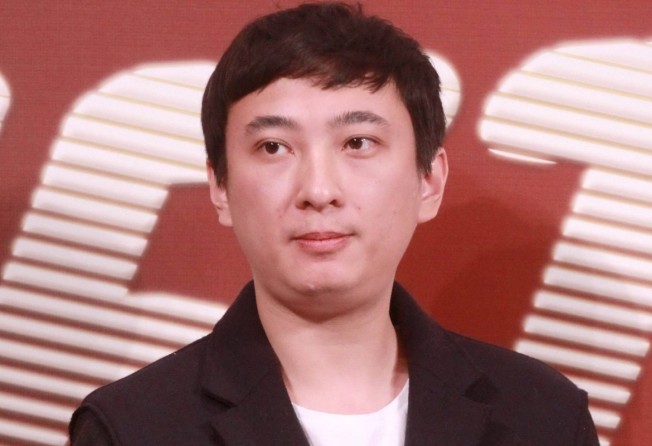Wang Sicong, China’s famous scion, erased from social media after questioning Covid-19 drugs and testing
- Wang’s Weibo account was ‘not viewable’ on Wednesday, removed due to a ‘violation of related laws and regulations’, according to a notice published on the platform
- Wang, 34, has been one of the biggest influencers on Weibo, known as China’s answer to Twitter, and has been involved in many controversies over the last 12 years

Wang Sicong, son of Chinese property tycoon Wang Jianlin and an influencer on Weibo with 40 million followers, had his account removed from the social media platform after he openly questioned China’s state-sanctioned medicine for treating Covid-19 and the government’s mandatory testing policy in Shanghai.
Wang’s Weibo account was “not viewable” on Wednesday, removed due to a “violation of related laws and regulations”, according to a notice published on the platform. The complete removal of his account follows censorship of Wang last week, when he was prohibited from publishing any new Weibo posts.
Print option is available for subscribers only.
SUBSCRIBE NOW